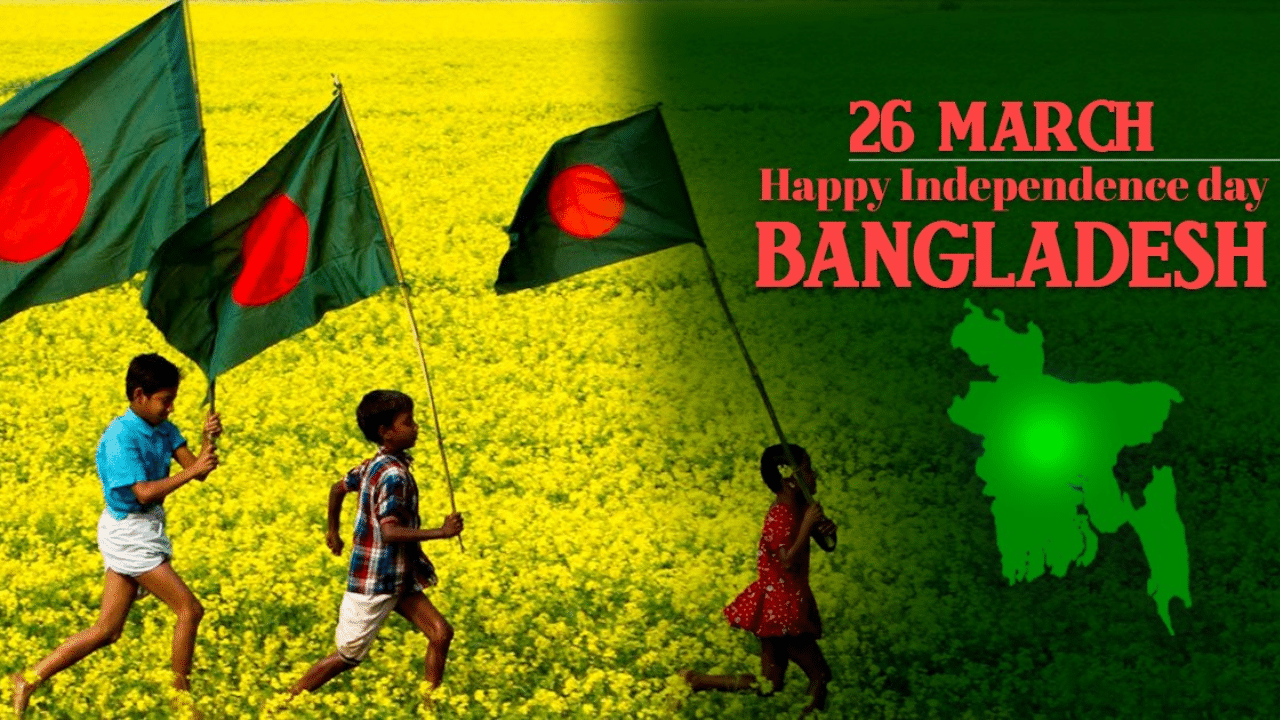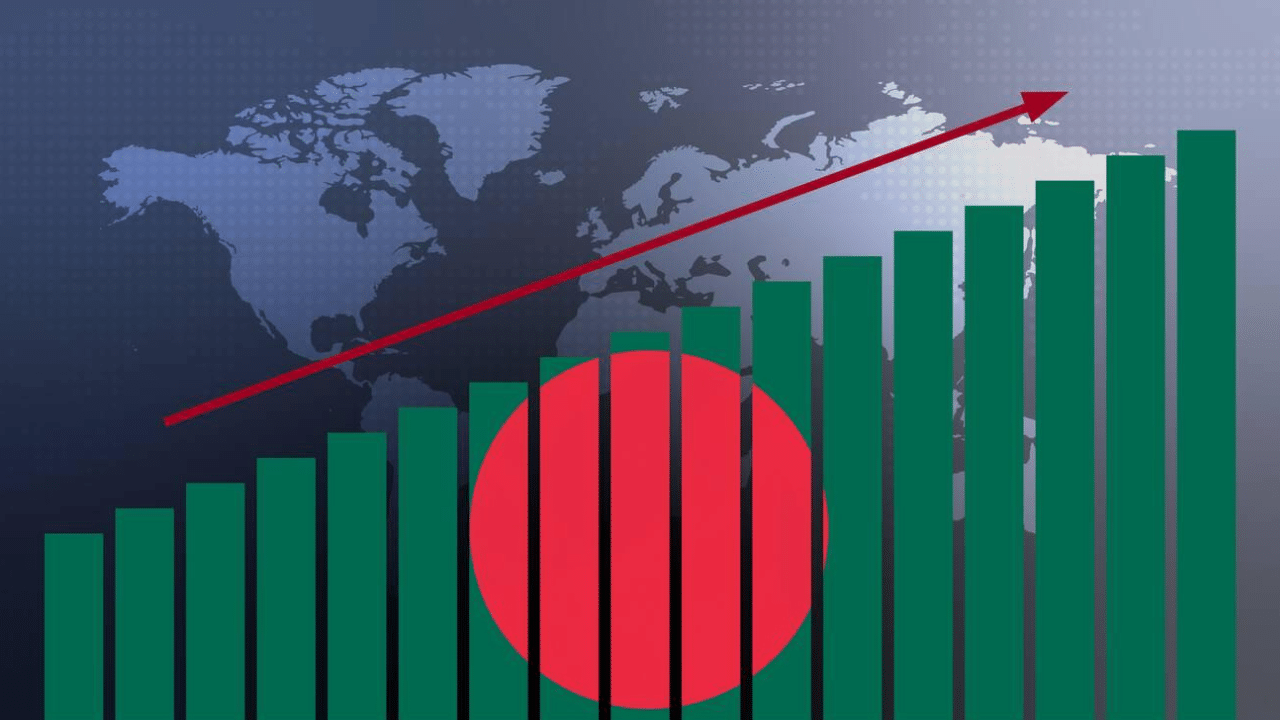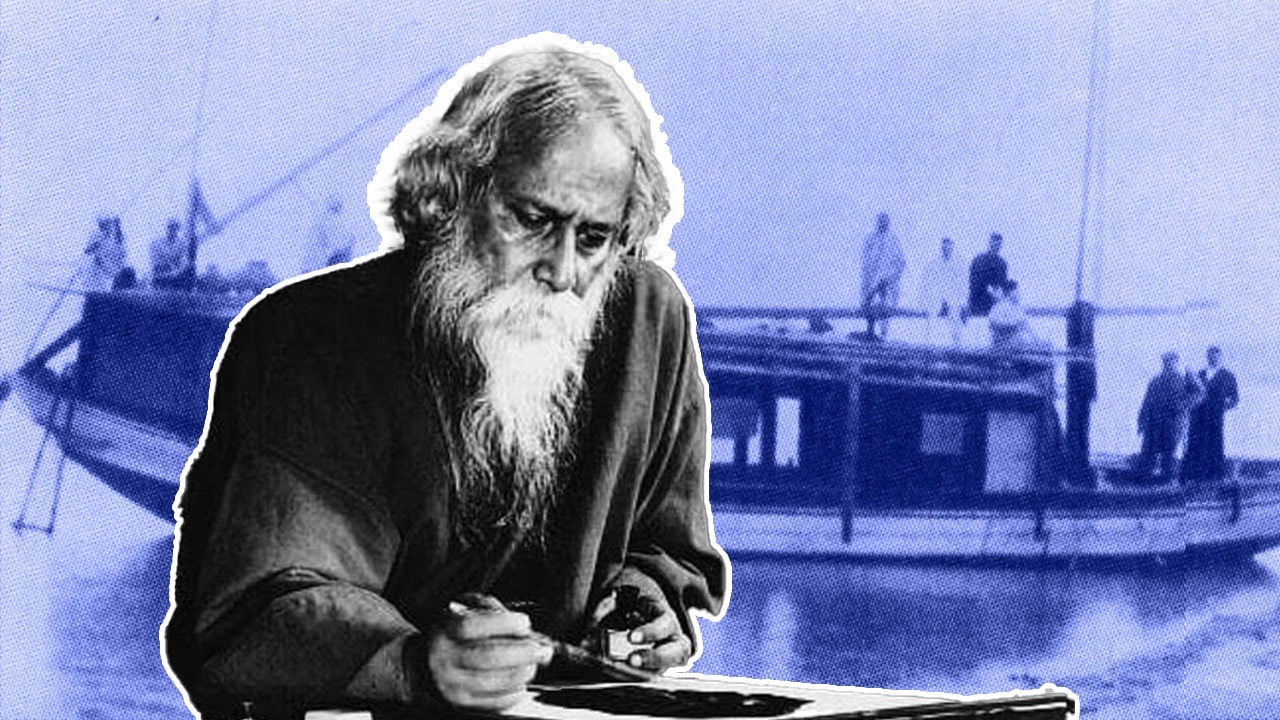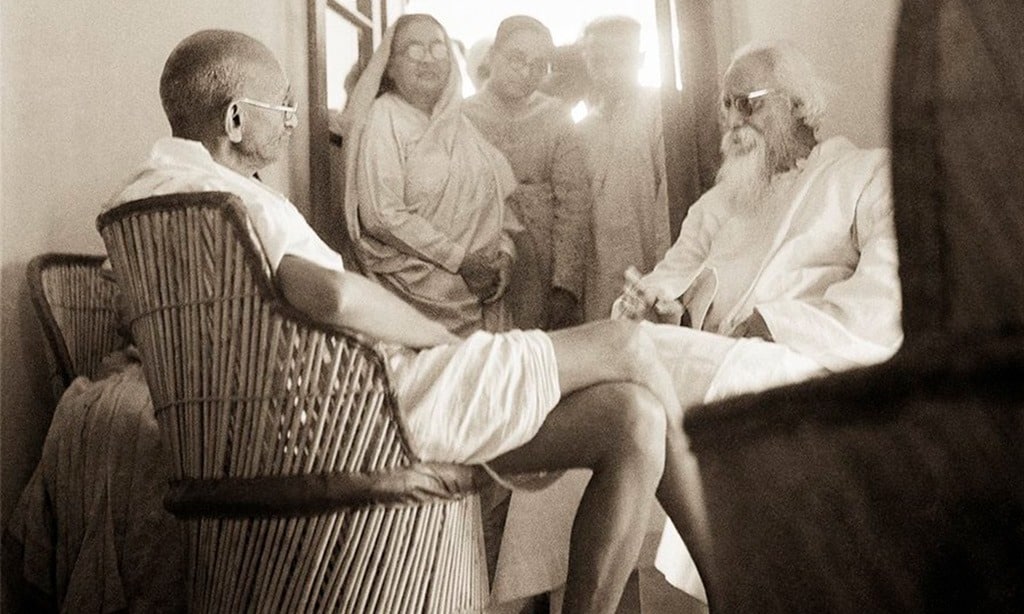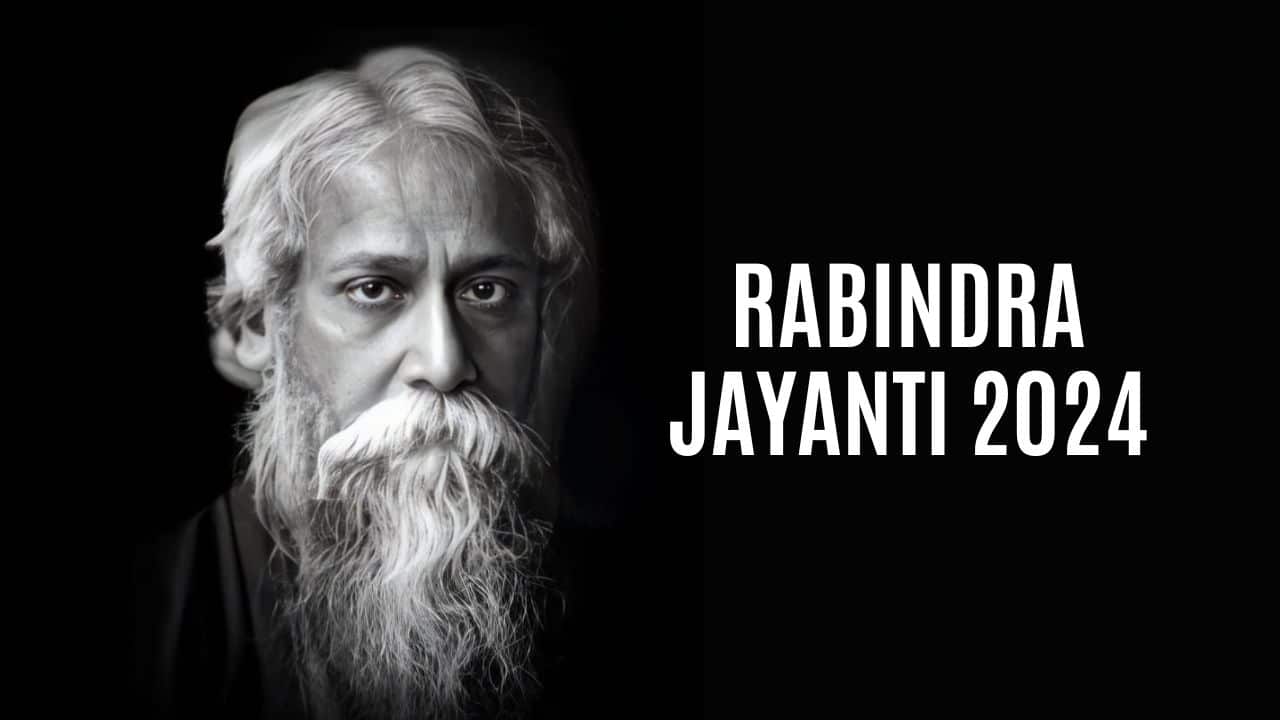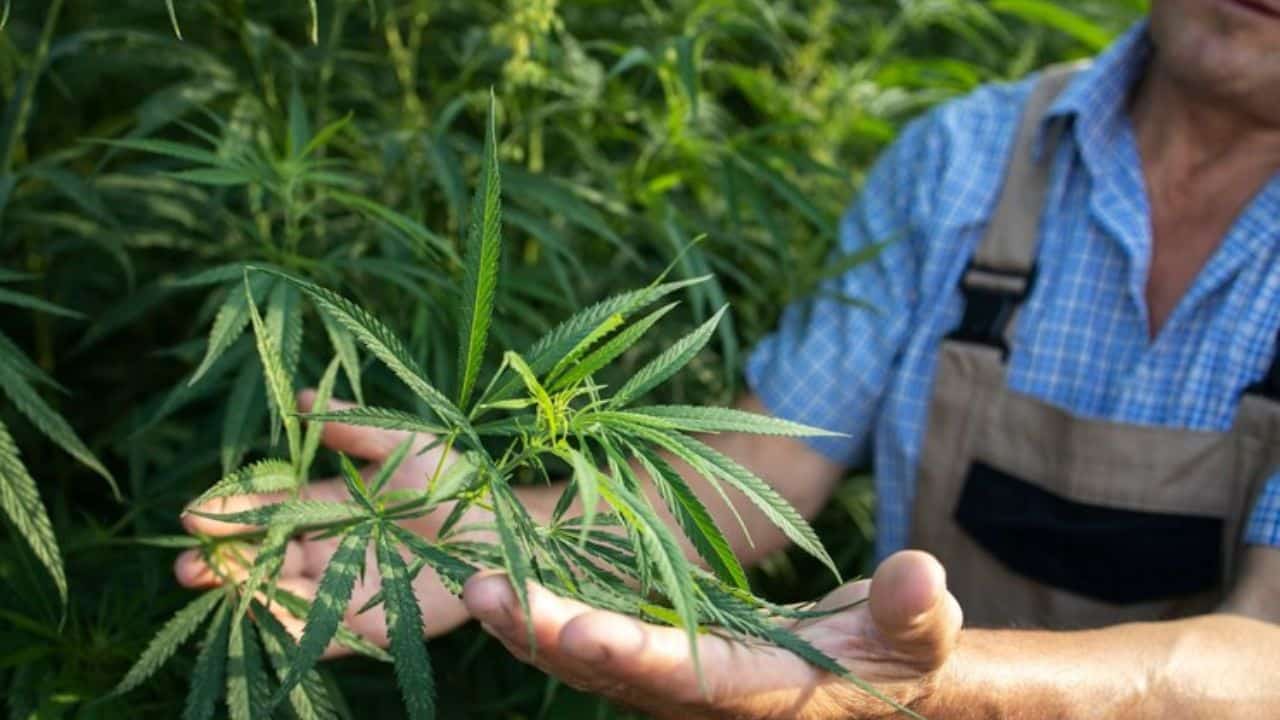As you reflect on the history of nations rising from the rubble, the story of Bangladesh stands out for its resilience and determination. After gaining independence in December 1971, the country faced a daunting challenge: rebuilding from the devastation of war. Imagine a nation where infrastructure is destroyed, the economy is in disarray, and the population is reeling from the scars of conflict—this was Bangladesh post-independence.
The Father of the Nation, Bangabandhu Sheikh Mujibur Rahman, returned to a country with empty granaries and a drained Central Bank, yet he was undeterred. He initiated steps to rebuild the torn nation and address the deep-rooted challenges that spanned both the economic and social sectors. As you dive into the narrative of Bangladesh’s early years, it’s hard not to be impressed by the sheer willpower that drove its people to overcome these hurdles.
Today, Bangladesh Independence Day 2024 isn’t just a testament to recovery; it’s a beacon of transformation and growth. The nation’s journey from the shadows of destitution to becoming an exemplar of development is a narrative filled with lessons on leadership, community, and tenacity. As you explore this article, consider how Bangladesh’s past has shaped its present, defining a nation that stands as a resilient symbol of triumph over adversity.
Bangladesh Independence Day: The Path to Independence
As you explore the journey of Bangladesh’s emergence as a sovereign nation, it’s critical to understand its struggle against Pakistani rule, the decisive Liberation War, and the charismatic leadership of Sheikh Mujibur Rahman that galvanized a nation seeking self-determination.
Pakistani Rule and the Language Movement
Under Pakistani rule post-partition, East Pakistan (today’s Bangladesh) experienced widespread economic and political disenfranchisement. Ayub Khan’s government in West Pakistan sidelined East Pakistan, stirring a nationalist struggle for autonomy. The Language Movement became the first mass agitation against this disparity when, in 1952, protests erupted as the government tried to impose Urdu as the sole national language. Bangladesh honors those who fought for the recognition of Bengali on February 21, now observed internationally as International Mother Language Day.
The Liberation War of 1971
The Liberation War of 1971 remains a monumental chapter in Bangladesh’s history. After the 1970 election, where Sheikh Mujibur Rahman’s Awami League won a majority, the refusal to transfer power by West Pakistan sparked civil unrest. The nationalist struggle intensified, leading to a brutal crackdown by Pakistani forces on March 25, 1971. This ignited a nine-month-long war for independence, during which significant atrocities were committed against the Bengali-speaking population. Eventually, with India’s military intervention, Bangladesh emerged victorious on December 16, 1971.
Rise of Sheikh Mujibur Rahman
Sheikh Mujibur Rahman, affectionately known as ‘Bangabandhu’ or the Father of the Nation, was central to the narrative of independence. His impassioned plea for autonomy and sheer determination molded the resilience and identity of the Bengali people. He laid the foundation for a nationalist struggle that culminated in the establishment of Bangladesh as an independent state.
Keep this historical context in mind as you reflect on the nation’s post-independence challenges and triumphs. Understanding this pathway can provide deeper insight into the social and political fabric of Bangladesh today.
Post-Independence Challenges
After gaining independence in 1971, Bangladesh faced an uphill battle to rebuild a nation from the ashes of war. The country grappled with several formidable challenges that touched nearly every aspect of life and governance.
Political Instability and Leadership Vacuum
Following independence, Bangladesh experienced political turbulence with periods of coups and counter-coups that created a leadership vacuum. A number of military takeovers, the imposition of martial law, and the emergence of a military junta complicated efforts to establish a stable government and complicated the country’s rehabilitation.
Economic Devastation and Infrastructure Damage
Economic growth was critically hampered due to widespread destruction. Key infrastructures like roads, bridges, and railways were left in ruins, which severely affected trade and industry. The priority was therefore economic development, battling poverty, and repairing the economic devastation for sustainable growth.
Natural Disasters and Reconstruction
Bangladesh’s location makes it prone to natural disasters, further complicating post-independence rebuilding efforts. Cyclones and floods necessitated ongoing reconstruction and amplified the dire need for robust infrastructure to protect against future calamities and facilitate rehabilitation.
Refugee Crisis and Population Displacement
Massive population displacement ensued as refugees who fled during the war returned to a homeland with limited resources. The government faced the mammoth task of rehabilitating these individuals amidst the prevailing scarcity, thereby intensifying the national rebuilding efforts.
Establishing a New Government and Constitution
Following the independence of Bangladesh in 1971, pivotal steps were taken to form a resilient government structure and lay down a strong foundation for the nation’s governance through the establishment of a constitution.
Formation of the first government led by Sheikh Mujibur Rahman
Sheikh Mujibur Rahman, recognized as the Father of the Nation, led the formation of Bangladesh’s first government. You witnessed his dedication as he spearheaded the reconstruction efforts, integrating development and investment strategies to revitalize the nation’s agriculture sector, which was pivotal for food security and economic growth.
Drafting and adoption of the constitution
The drafting and adoption of Bangladesh’s constitution in 1972 laid the groundwork for governance and democratic principles. This pivotal document not only shaped the political landscape but also aimed at driving infrastructure development, improving education systems, and bolstering the economy through key policies.
Challenges in establishing a democratic system
Establishing a democratic system was fraught with challenges, from ensuring the distribution of fertilizer for agricultural productivity to balancing the need for immediate food security with long-term economic plans. These issues required astute investment and development strategies to stabilize the fledgling nation.
Early political turmoil and the assassination of Sheikh Mujibur Rahman
Unfortunately, political unrest was prevalent in the early years of independence. Despite the progress under Sheikh Mujibur Rahman’s leadership, his assassination in 1975 was a devastating blow to the nation’s democratic development, leading to a period of political instability. This event not only underscored the fragility of the new government but also marked a turning point as Bangladesh continued to strive for a prosperous future.
Economic Reconstruction and Development
After gaining independence in 1971, Bangladesh faced the daunting task of reconstructing a war-torn economy. Under new leadership, efforts concentrated on rebuilding infrastructure, revitalizing agriculture, and implementing economic policies to pave the way for development.
Rebuilding infrastructure and key industries
You can’t underestimate the importance of solid infrastructure in boosting an economy. Bangladesh addressed the dilapidated state of its roads, bridges, and railways, which are essential for industry and trade. By 1988, significant progress had been made, with thousands of kilometers of feeder roads constructed to facilitate movement and open up markets.
Agricultural reforms and the Green Revolution
Bangladesh’s economy is deeply rooted in agriculture. Initiatives like the Green Revolution brought improved seeds, fertilizers, and irrigation, resulting in a substantial increase in crop production. These reforms not only helped achieve self-sufficiency in food grain production but also laid the foundation for a more diverse and robust economy.
Nationalization of industries and economic policies
Your understanding of Bangladesh’s economic landscape would be incomplete without looking at nationalization. Shortly after independence, the government took control of key industries to stabilize the economy. These policies aim at social justice and creating a level playing field for the nation’s populace.
Foreign aid and investment in development projects
Foreign aid has played a pivotal role in your country’s development. International assistance supported vital projects in infrastructure, health, and education. The inflow of aid and investment was crucial during the early years of nation-building, when domestic resources were scarce.
Gradual economic growth and progress
It is remarkable how Bangladesh went from having a struggling economy to one that has experienced steady growth. By 2021, GDP per capita rose significantly from its early levels. Despite global economic challenges, the country maintained a resilient growth rate, heralding its potential to stakeholders and observers alike.
Bangladesh has made admirable progress toward establishing a framework for sustainable growth and development that is based on the democratic principles outlined in its constitution through these concerted efforts in economic reconstruction and development. The country’s progress is a testament to the resilient spirit of its people and the foresight of its leaders.
Overcoming Natural Disasters and Humanitarian Crises
Since gaining independence in 1971, Bangladesh has demonstrated resilience in the face of natural disasters and humanitarian crises. This section explores how the nation has tackled these challenges, evolving its disaster management strategies, and strengthening its systems to brace for the future.
The 1974 Famine and Its Impact
In 1974, you may be aware that Bangladesh faced a devastating famine. This humanitarian crisis was the result of a complex interplay of natural disasters, such as flooding and a food shortage, exacerbated by political unrest and economic hardship. The United Nations, among other international organizations, stepped in with aid, highlighting the dire need for comprehensive crisis management systems in the country.
Cyclones and Floods in the 1970s and 1980s
Cyclones and floods characterized much of the 1970s and 1980s for Bangladesh. The severe cyclone of 1970 claimed hundreds of thousands of lives and was a glaring example of the vulnerability of the region to natural disasters. Since then, efforts to improve early warning systems and implement better infrastructure have significantly lowered the death toll from subsequent natural disasters.
International Aid and Disaster Management Efforts
Your knowledge of Bangladesh’s post-independence era may include the role of international aid in assisting the country during times of crisis. Partnerships with the World Bank and other agencies have been critical. These partnerships have helped improve Bangladesh’s foreign exchange reserves and bolster economic stability, in part thanks to the influx of remittance inflows, which have strengthened the nation’s financial health.
Building Resilience and Preparedness for Future Disasters
What does the future look like for Bangladesh in terms of disaster preparedness? The country has worked tirelessly to build resilience against future disasters. Innovations in disaster management, infrastructure development, enhanced training for emergency responders, and better urban planning are key elements of this preparedness. Additionally, robust public awareness campaigns have increased community resilience and readiness.
Milestone Achievements in the Post-Independence Era
Bangladesh has been on a transformational journey since gaining independence more than 50 years ago, with significant turning points across political and socioeconomic landscapes.
[Video Credits @CasualScholar]
Here is a detailed information data table comparing Bangladesh in 1971 to Bangladesh in 2024:
| Feature | Bangladesh (1971) | Bangladesh (2024) |
|---|---|---|
| Political Status | East Pakistan (part of Pakistan) | Independent democratic republic |
| Government | Military rule under West Pakistani leadership | Parliamentary democracy with a multi-party system |
| Economy | Primarily agrarian, devastated by war | Ready-made garment powerhouse, significant growth in GDP (Gross Domestic Product) |
| Literacy Rate | Very low (estimated 20-30%) | Over 78% |
| Life Expectancy | Around 45 years | Over 73 years |
| Infrastructure | Limited roads, bridges, communication networks | Extensive road network, growing number of bridges, improved communication technology (including mobile phone penetration) |
| Education System | Limited access to education, especially for girls | Increased access to primary and secondary education, focus on higher education initiatives |
| Culture | Suppressed Bengali language and culture | Flourishing Bengali language and cultural expression |
| Healthcare | Limited medical facilities and personnel | Improved healthcare infrastructure with more hospitals and doctors, although challenges remain |
| Population | Approximately 75 million | Over 168 million |
Sources:
- Bangladesh Beyond 50: What Got Us Here Will Take Us There https://a2i.gov.bd/a2i-missions/data-driven-policy-making/
- Independence Day (Bangladesh) Wikipedia: https://en.wikipedia.org/wiki/Independence_Day_(Bangladesh
- Wikipedia: Bangladesh https://en.wikipedia.org/wiki/Bangladesh
Transition to Democracy and Multi-party Politics
In the late 20th century, you witnessed Bangladesh transitioning into a parliamentary democracy. The introduction of multi-party politics in 1991 was a pivotal change, setting the stage for democratic elections and governance.
Economic Liberalization and Growth in the 1990s
The 1990s saw a boost in economic liberalization. Policies aimed at privatization and the encouragement of foreign investment contributed to steady economic growth, positioning Bangladesh as a developing country on the rise.
Successes in Poverty Alleviation and Human Development
Bangladesh has been recognized globally for its successes in reducing poverty. Initiatives such as the expansion of the microfinance industry have played a vital role in uplifting the socio-economic status of many citizens and improving their overall standards of living.
Contributions to UN Peacekeeping Missions
Your nation’s commitment to global peace and security is commendable through its contributions to United Nations peacekeeping missions. Bangladeshi troops have been praised for their dedication and service worldwide.
Advancements in Literacy, Healthcare, and Women’s Empowerment
Bangladesh has made remarkable strides in enhancing literacy and healthcare, with a significant focus on women’s empowerment. Major improvements in maternal health and female education have been seen, ensuring a brighter future for the next generations.
Key Statistics:
- Literacy Rate: Gradual increase, notably among women
- Healthcare: Improved access and reduction in disease prevalence
- Women’s Empowerment: More women in the workforce and leadership roles
Ongoing Challenges and the Way Forward
Despite remarkable progress, Bangladesh continues to face several challenges that must be addressed to maintain its trajectory towards Sonar Bangla—a term popularized by Bangabandhu Sheikh Mujibur Rahman—envisioning a golden Bengal of prosperity and wellbeing.
Sustainable Economic Development and Reducing Inequality
To achieve sustainable economic development, Bangladesh aims to balance industrial growth with the equitable distribution of wealth. Your understanding of this balance is crucial. Efforts are being made to expand industries beyond the garment sector, which currently dominates the export economy. A multifaceted approach is needed, encompassing:
- Enhancement of vocational training to increase skilled labor.
- Diversification of industries to reduce dependence on a few sectors.
The reduction of inequality remains imperative. Despite significant poverty alleviation, income disparity is pronounced. Tangible strategies include:
- Encouraging entrepreneurship in rural and underdeveloped regions.
- Expanding social safety nets to vulnerable populations.
Addressing the Impacts of Climate Change
Bangladesh’s geographic location makes it highly vulnerable to climate change, impacting your well-being and the national economy. Constant vigilance and adaptive strategies are vital. Initiatives incorporate both local and national efforts:
- Improving flood defenses and establishing resilient infrastructure.
- Modernizing agriculture to cope with erratic weather patterns.
Community engagement in conservation and sustainable practices fosters a culture of responsibility towards the environment, directly affecting your future.
Fostering Innovation and Technological Advancement
Innovation and technology are linchpins for the nation’s economic leap. For you, this means embracing modernization and the digital revolution. government and private sectors are driving:
- Broadband expansion to increase internet accessibility.
- Development of tech-based educational programs to cultivate a digitally proficient workforce.
Commitment to fostering a startup ecosystem is also pivotal in making Bangladesh an incubator for technological entrepreneurship, bringing your inventive ideas to the forefront of global markets.
Conclusion: Looking ahead to a brighter future for Bangladesh
Since its independence in 1971, Bangladesh has made an astounding socio-economic journey. You’ve witnessed a nation that not only overcame adversity but also set a global benchmark for development.
With unyielding determination, Bangladesh has tackled poverty, boosting its GDP growth to stand among the world’s fastest. Its garment industry, a juggernaut of the economy, has flourished alongside rising remittances from abroad. This success foretells a changed future when placed in the context of strategic government actions.
Anticipated growth underpins the national blueprint, Perspective Plan 2041, which charts a course toward alleviating poverty and inequality. Bangladesh envisions not just growth, but sustainable and inclusive advancement.
By adhering to this roadmap, Bangladesh is on track to elevate its global standing, aspiring to shed its least developed country status. This forward momentum calls for global economic collaboration.
Your resilience symbolizes a beacon of hope for developing nations worldwide. As you stand at this pivotal juncture, consider this: How will the shared commitment to progress shape the next chapter of Bangladesh’s story?
Remarkable strides in development are not simply a reflection of the past but a foundation for a thriving future. Your unity and unwavering spirit are vital in steering Bangladesh towards its golden dawn of prosperity.
| Key Aspects | Status as of 2024 |
|---|---|
| GDP Growth | Among the highest globally |
| Poverty Alleviation | Rapid reduction |
| Garment Industry | Major economic contributor |
| Remittances | Significant increase |
| Perspective Plan 2041 | Steer towards a prosperous future |
With diligent efforts, your role remains pivotal in realizing the vision of a developed, equitable Bangladesh. The path ahead is illuminated, and the world watches in anticipation as you continue to ascend.


